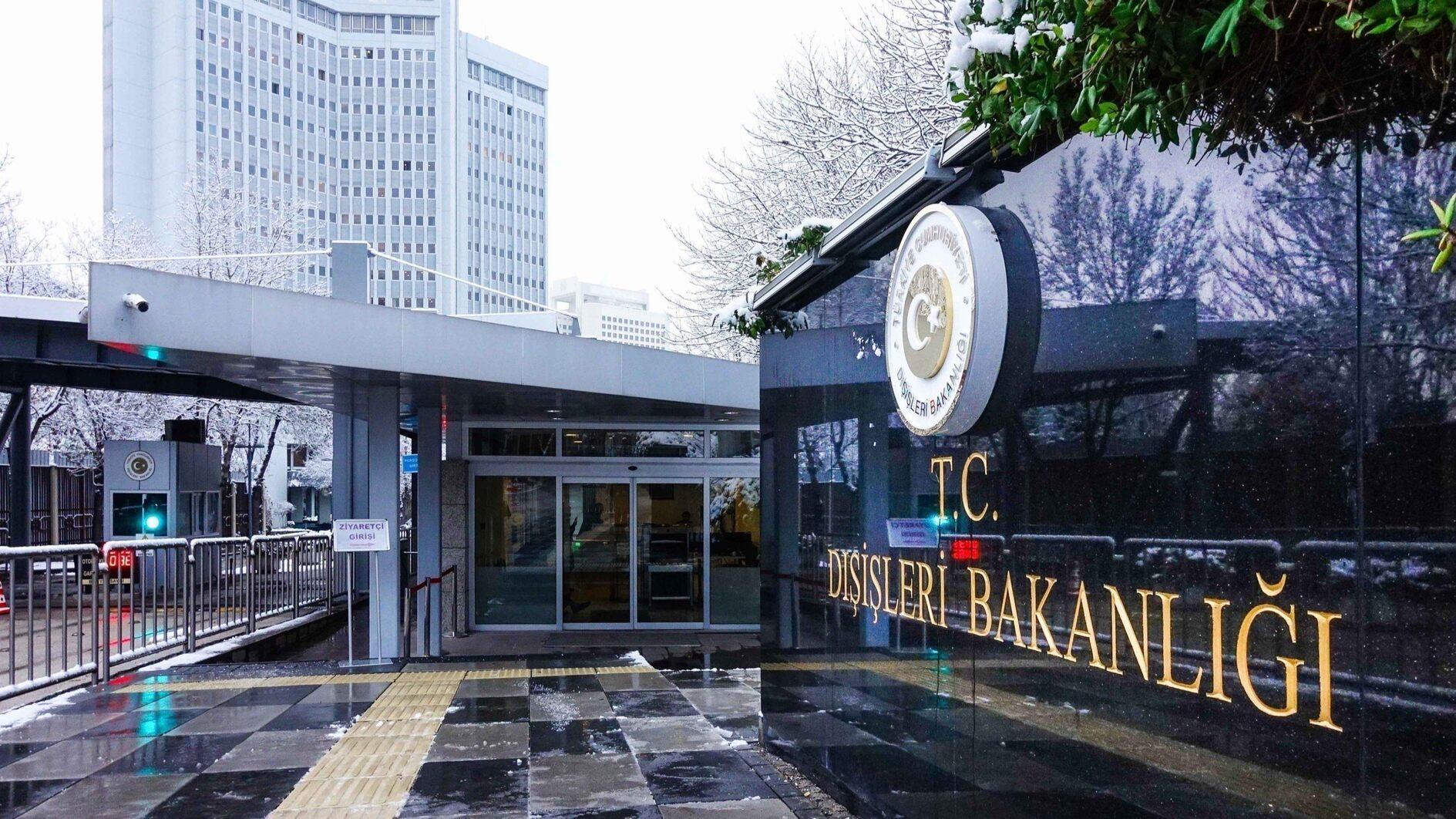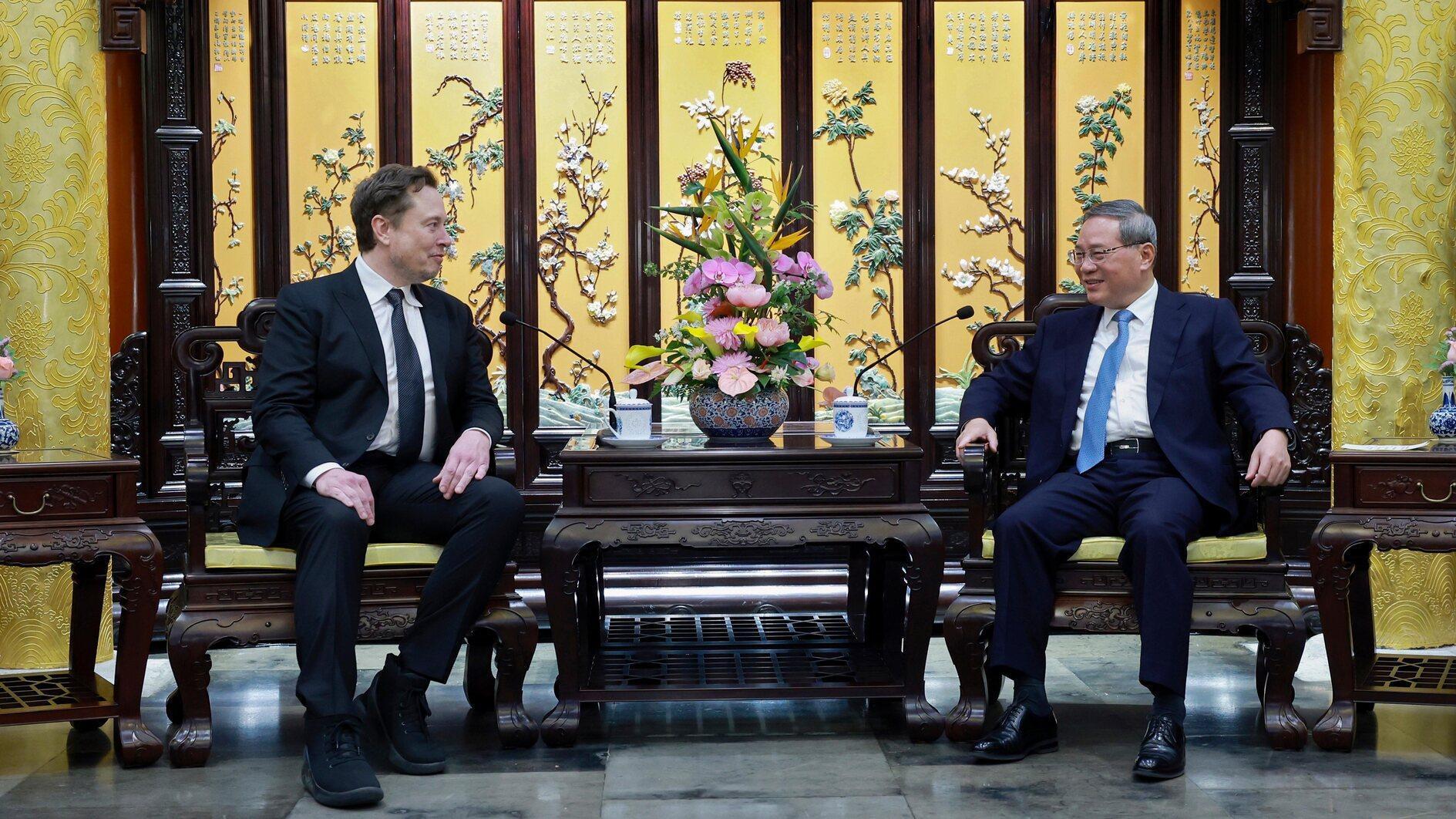Euro-skeptical parties knocking on door of European Parliament
ANGELO SANTAGOSTINO
With less than 200 days to go until the 2014 European Parliament elections of May 22-25, 2014, euro-skeptical political forces appear to have more support from an electorate still under the effect of the economic crisis.Polls indicate the concrete possibility that these parties might get a big enough share of seats to be able to block any attempt to increase economic and political integration among the 28 EU member states. Decisional power in the EU is shared between the Council and the Parliament, with the first being prominent, while the second holds a de facto veto. For whatever decision must be taken, the Council’s agreement is indispensable, but Parliament’s veto can impede any new measure. It is precisely this negative power that increases anxiety in the major pro-European parties: the Christian Democrats, Socialists, Greens and Liberals.
In France, the Front Nationale of Marie Le Pen, fiercely anti-European, could become the most voted party. In Italy, the Movimento 5 Stelle is said to have gained between 15 and 20 percent and is looking for an electoral alliance with the Front Nationale. In Britain, the UK Independence Party is putting the Conservatives under pressure and is asking for a withdrawal from the EU. This ugly panorama is completed by nationalistic, chauvinist and xenophobic movements scattered through most of the EU members. They are asking for an exit from the euro (in spite of the fact that it is forbidden by the EU Treaty), the re-nationalization of fiscal policies, the reintroduction of national boundaries to obstruct free circulation of people, and more generally the restoration of full national sovereignties. They are also against Turkey’s membership in the union.
This Europhobic wave is closely linked to the economic crisis. Governments are partially responsible for this as, with the exception of Germany, they have failed to explain the importance of being united and the need for fiscal discipline to create growth and jobs. Sometimes they are subject to the temptation of using Europe as a scapegoat, so as to shift the responsibility for painful measures. Furthermore, in this crisis, even moderate political leaders have identified EU policies and institutions as the guilty party.
Another factor of the European elections is a low turnout. In the first elections of 1979 the participation rate was about 70 percent; in 2009, it was barely 40 percent. The reason is simple; more and more electoral campaigns were focused on national issues rather than on European ones. Voters believe that the European Parliament is a powerless institution, consequently refraining from going to the ballot boxes. As a European survey (Eurobaromenter) indicates, almost half of voters think that the Parliament in Strasbourg is not elected by the citizens or doesn’t know how its members are appointed.
Almost 200 days could be enough to change these trends, but a few conditions will have to be fulfilled. Pro-EU parties will have to focus on a campaign centered on “more Europe.” More Europe in the economy, especially freer circulation of people, goods and services. Presently, most European citizens think that the single market is by far the most positive result of the EU. More Europe in politics, as more political union is necessary to have more capability to find joint solutions.
Furthermore, to reverse the current trend, pro-Europe parties will have to reject any possible opportunistic desire to give some room to euro-skeptical parties.
Turkey’s membership is questioned by anti-EU parties and also considered with suspicion by some of the European People’s Party. Could Turkey’s membership be sacrificed on the altar of a recuperation of votes by the pro-EU parties? The temptation is strong. The negotiating process for Turkey’s membership has recently been resumed. France has already communicated that it will not lift the veto on blocked chapters until after the elections, which is not a promising statement.
Any concession to anti-Europeanism, including Turkey’s accession process and membership, will actually accelerate the loss of votes toward the euro-skeptical parties and lead to less and less Europe.
Angelo Santagostino teaches at the Faculty of Political Sciences at Yıldırım Beyazıt University.











